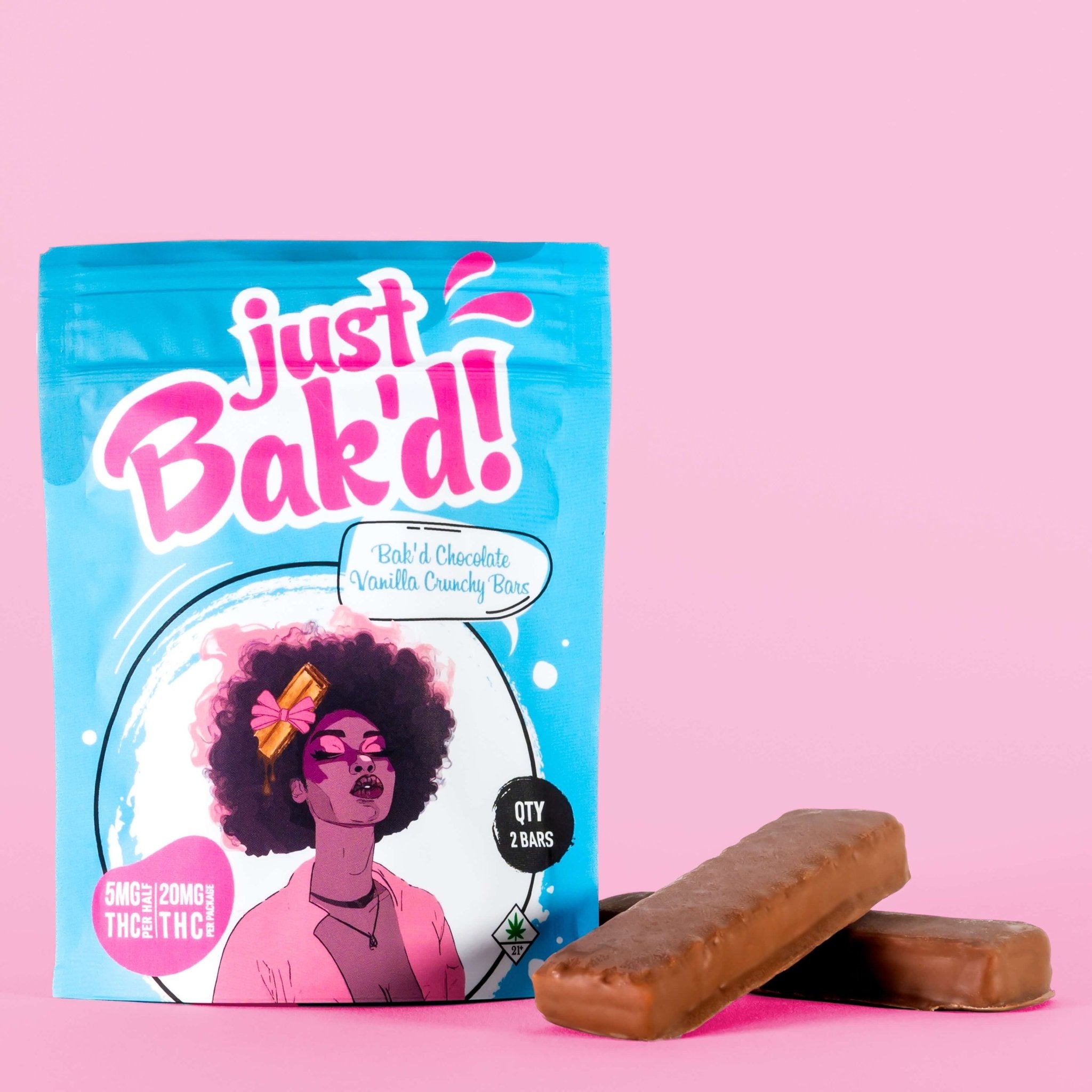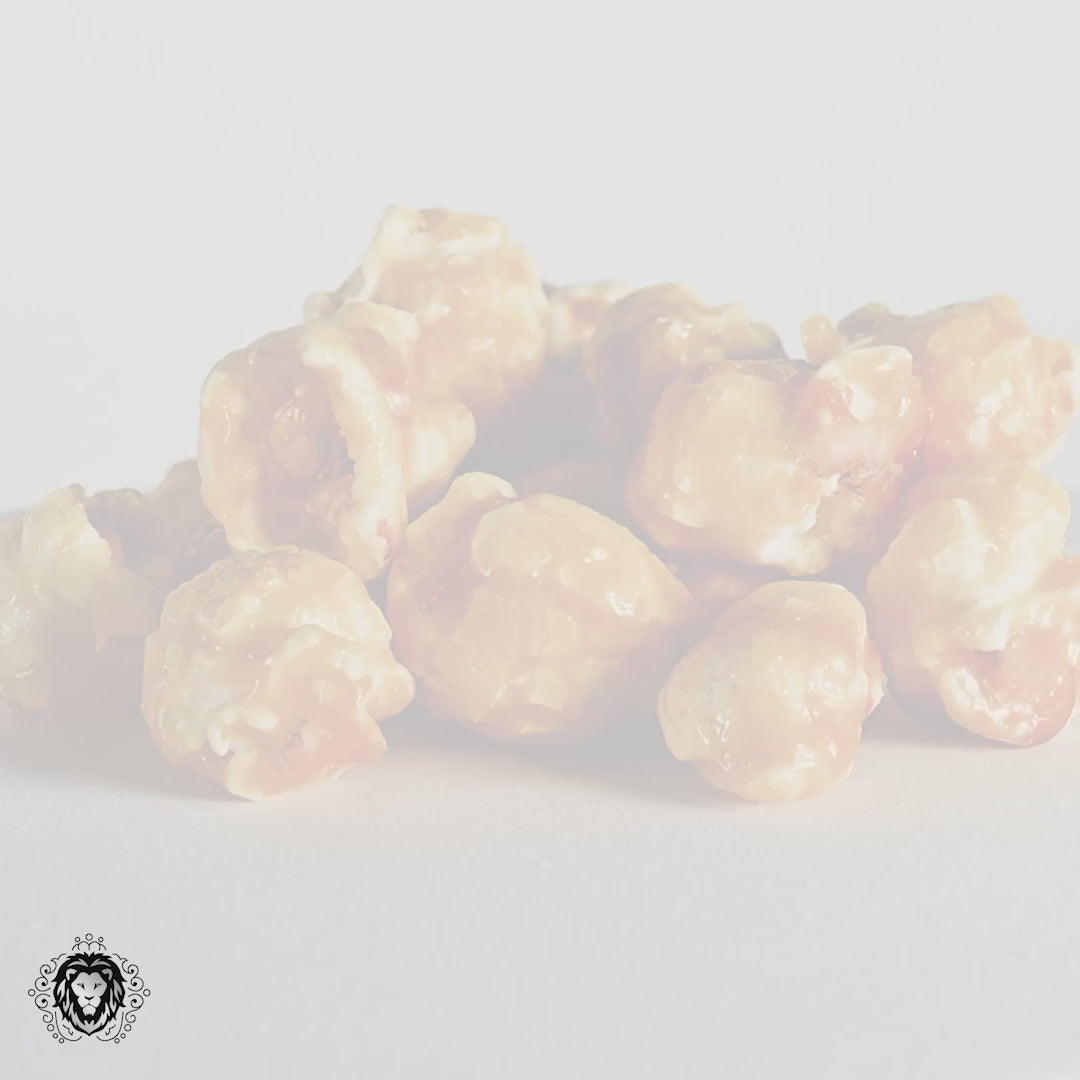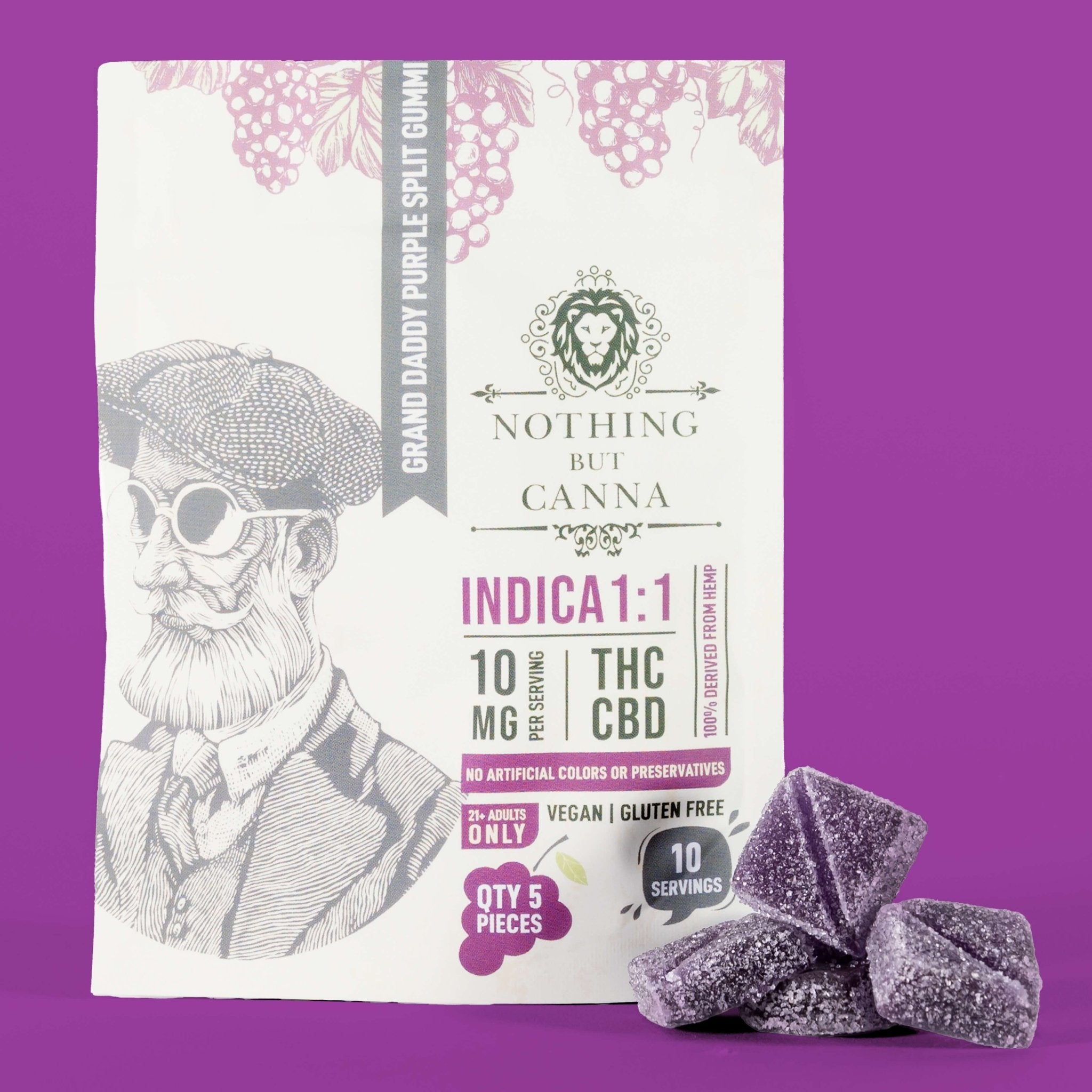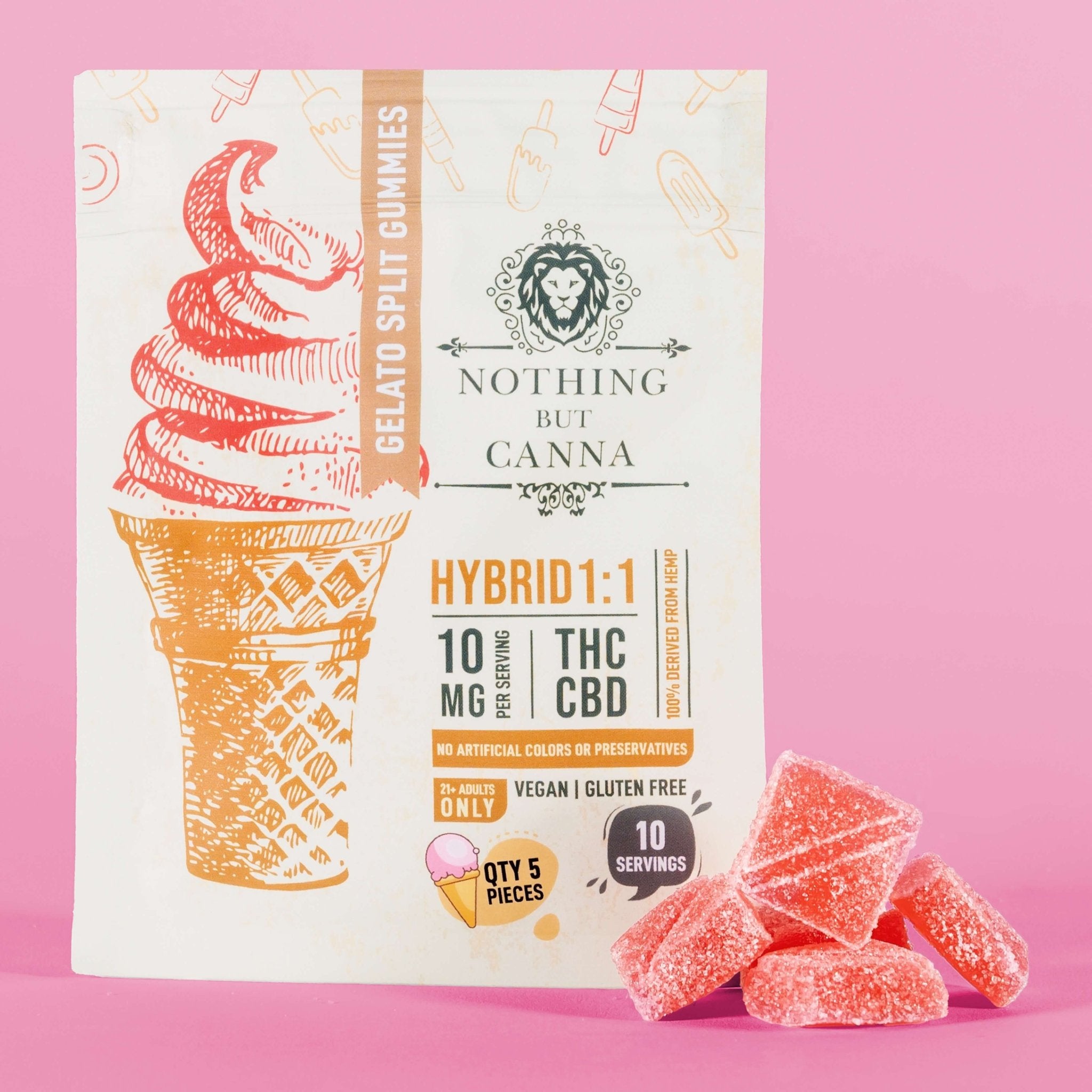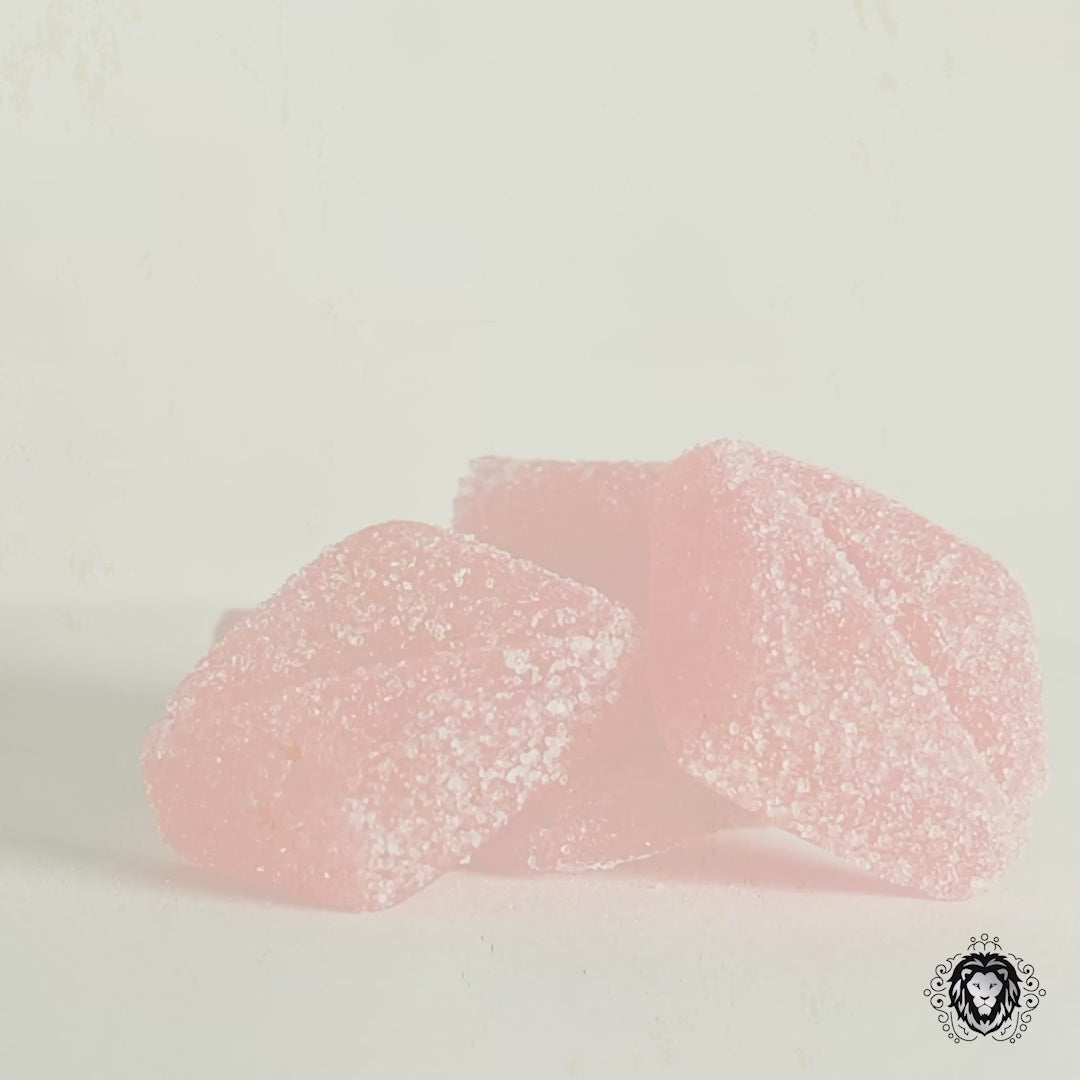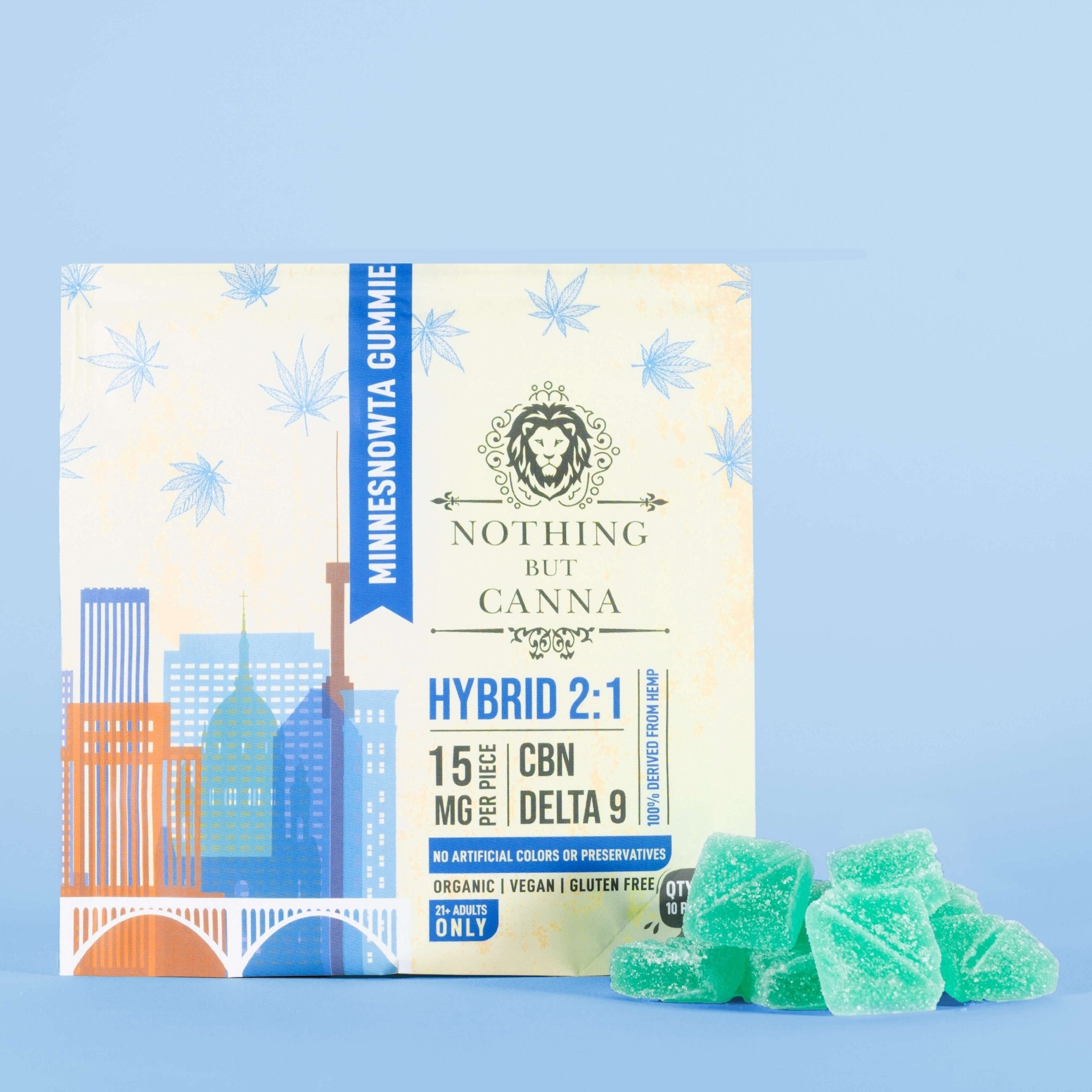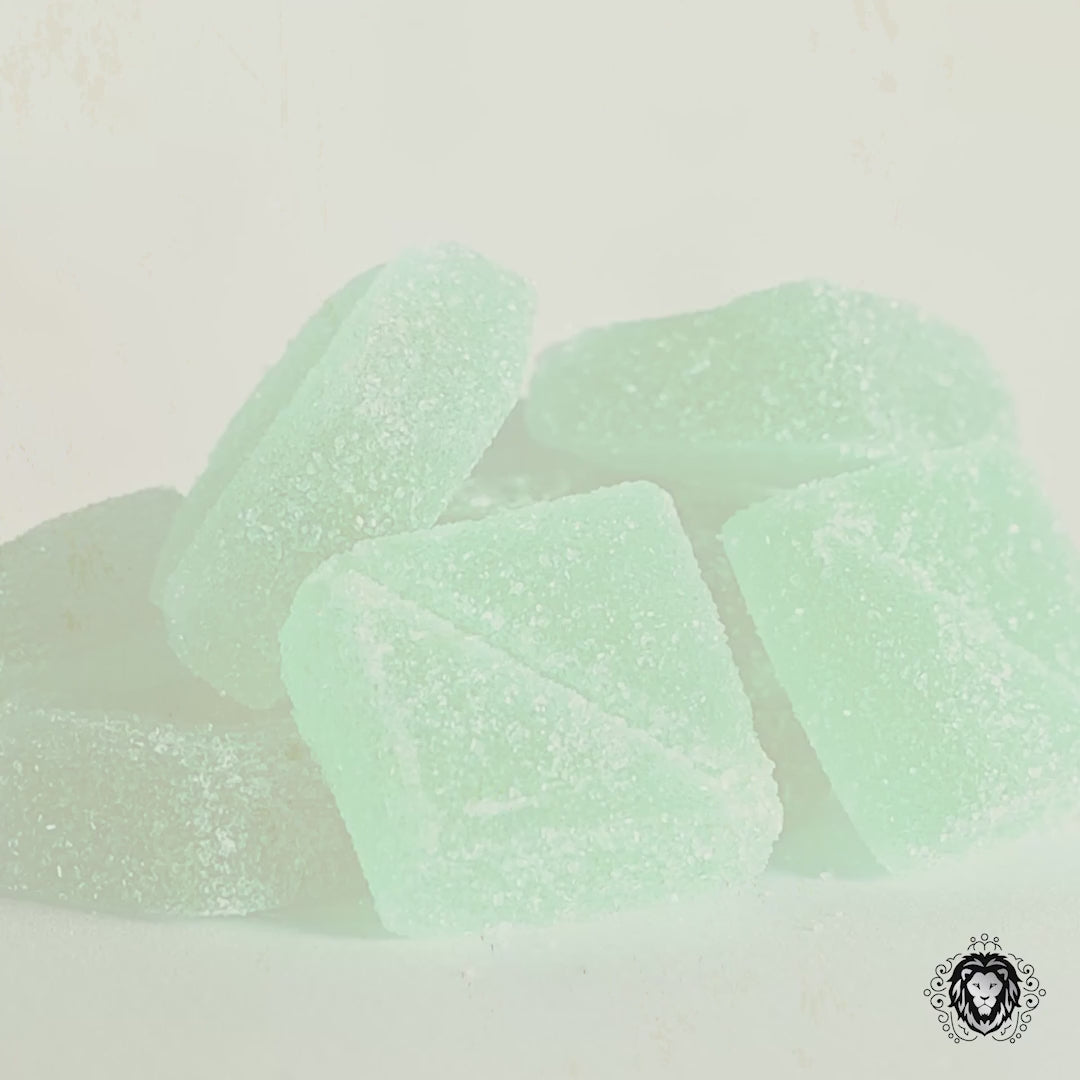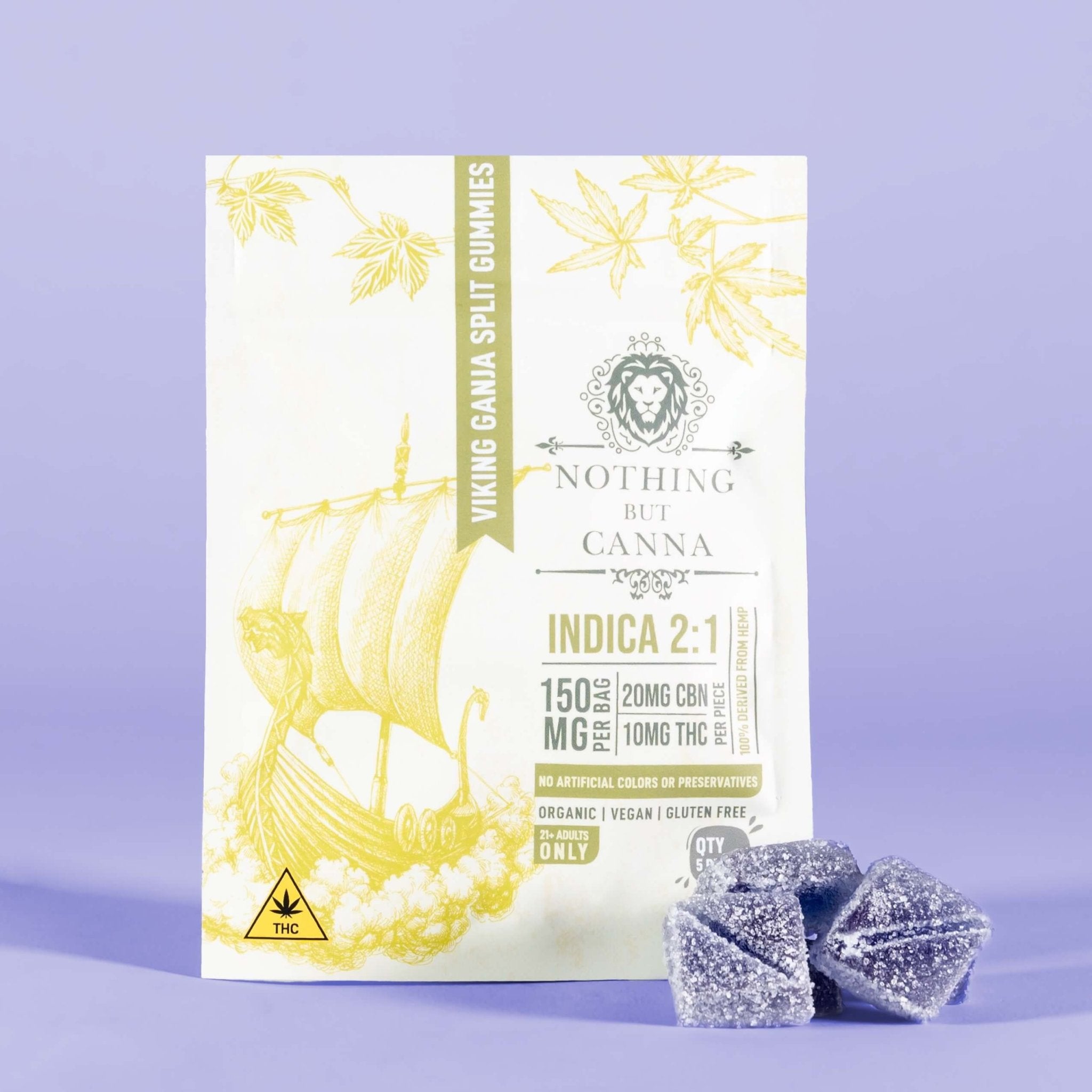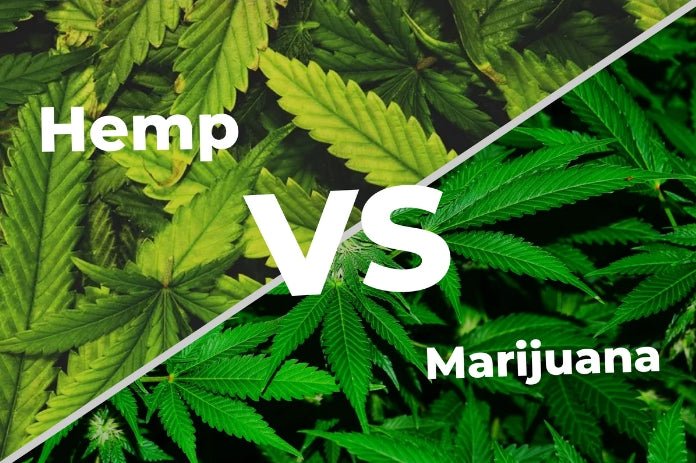As more and more states begin enacting legislation to limit the spread of hemp-derived THC products, the courtroom may ultimately decide the outcome of this war.
A Nothing But Hemp Series on the Escalating Feud Between Hemp and Cannabis in America
Until relatively recently (roughly the beginning of this century), the American democratic model was the envy of the world. Forged through revolution and sharpened by its own catastrophic Civil War, the American system of government has been held by many respected historians and political scientists as the pinnacle of human governance over the past 200+ years.
Despite the decay and erosion caused by the Bush v. Gore election-day controversy (2000) and the embarrassing social, political, and criminal behavior displayed throughout the Trump Administration (2017-2020), democracy in the United States is still viewed as a vital aspect of the still unfolding American story.
One of the crucial pieces of that democratic machine is the American judiciary. While most people understand how the governmental process works in this country, many are unaware of how the judicial wing fits into the overall system.
There are obviously a lot of intricacies involved in running a thriving democracy. Still, the legislative and executive branches are essentially in charge of passing the laws that govern the country, with the judicial branch responsible for making sure those laws align with the fundamental legal provisions outlined in the American Constitution.
The roles are part of the “checks and balances” built into the overall system to ensure that no one person or governmental body circumvents the law and people’s will to potentially empower a dictator or otherwise compromise the United States government.
Over the past two centuries, the judicial branch, particularly the U.S. Supreme Court, has, at times, dramatically altered the course of not only American but also human history. Whether tackling the blight of slavery, a woman’s right to vote, or the inherently anti-American nature of corporate monopolies, the American legal system is a foundational pillar to the success of the democratic process in this country.
There is no better example of this power balance dynamic than the current legal battles waging across the country concerning the legality of hemp-derived THC products. With the passage of the 2018 Farm Bill, hemp and its derivative products became legal to produce, manufacture, sell, and consume.
One of the unintended consequences of that bill was the massive proliferation of hemp-derived products containing intoxicating cannabinoids like the familiar delta-9 THC (most associated with the "high" people get from consuming cannabis) and other less-known variants like the enigmatic and controversial delta-8 THC.
For consumers in states where recreational cannabis is still illegal and there is no medicinal marijuana program in place, items containing THC derived from hemp are the only legal products available to help treat a wide range of conditions, including chronic pain, insomnia, and anxiety.
However, due to the irresponsible actions of a few inventive and overly aggressive hemp entrepreneurs, some of those offerings, particularly those containing synthetically produced delta-8 THC (through isomerization of CBD), have resulted in multiple cases of individuals, including teenagers, falling ill after ingesting items containing delta-8. And at least one of those products was linked to the death of a toddler in Virginia last year.
In response, several states began to pass legislation severely restricting and, in many cases, banning the politically toxic THC variant. Not to be deterred, hemp stakeholders and business owners have filed lawsuits in some of those states challenging the legality of the bans. Below is a brief description of a few of the more notable cases and their outcomes.
BioGen v State of Arkansas
In this case, several Arkansas hemp companies filed a lawsuit against the state, seeking an injunction prohibiting enforcement of Senate Bill 358, enacted on April 11, 2023, as “Act 629” (the “Act”). This measure made all hemp products “produced as a result of a synthetic chemical process” and “[a]ny other psychoactive substance derived therein” illegal.
The hemp companies argued the Act is preempted (i.e., superseded) by the federal 2018 Farm Bill and that its provisions are unconstitutionally vague and thus void. U.S. District Judge Billy Roy Wilson agreed with the argument and imposed an injunction barring enforcement of the law.
In its ruling, the court made three significant findings: (1) the Act is preempted by federal law under the principle of “conflict preemption,” (2) the Act is preempted by federal law under the principle of “express preemption,” and (3) the Act is unconstitutionally vague and thus void.
As part of his judgment, Wilson said that while the state can enact restrictive measures on the cultivation and production of hemp and hemp products, limiting or inhibiting the transportation of those items violates federal law. He also pointed out the erratic nature of the legislation, where lawmakers seemed to "keep the parts of the program it likes (purely industrial uses) and eliminate the parts it doesn't (human consumption)."
Maryland Hemp Coalition Inc. v Moore.
Similar to the Arkansas suit, in this case, the Maryland hemp industry sought an injunction prohibiting the enforcement of Maryland Code Ann. Alc. Bev. §36-1102, known as the Cannabis Reform Act (CRA) (the “CRA”), “against any person who was already lawfully in the business of selling hemp-derived products prior to July 1, 2023.”
In an interview with the Baltimore Banner, Nevin Young, an attorney representing the hemp industry, said, “My clients, who have been lawfully selling these products for years, are suddenly in a position where they are being told they can’t sell their products without a license, and yet the obstacles to getting a license are nearly insurmountable.”
"My clients, who have been lawfully selling these products for years, are suddenly in a position where they are being told they can’t sell their products without a license, and yet the obstacles to getting a license are nearly insurmountable.”
- Nevin Young, Attorney Representing the Hemp Industry
In an expansive ruling in favor of the Maryland hemp industry, the Washington County Circuit Court, with Judge Brett R. Wilson presiding, found “the interests of [the hemp industry] plaintiffs are not ‘merely academic, hypothetical, or colorable’ but rather, they are interests of survival, prosperity and, indeed, of life, liberty and property.”
"The interests of [the hemp industry] plaintiffs are not ‘merely academic, hypothetical, or colorable’ but rather, they are interests of survival, prosperity and, indeed, of life, liberty and property.”
- Washington County Circuit Court Judge Brett R. Wilson
In short, Wilson ruled that the CRA creates an illegal monopoly, it unlawfully puts legitimate hemp companies out of business, and it is a “severe” and “draconian” licensing scheme that fails to “actually benefit the communities found to have been impacted.”
As a result, Wilson ordered an immediate injunction against the new law, allowing for the temporary resumption of hemp-derived product sales.
Northern VA Hemp and Agriculture LLC v the Commonwealth of VAÂ
In a familiar theme to other cases involving laws restricting hemp sales, several Virginia hemp businesses sought an injunction prohibiting enforcement of SB 903, which state lawmakers passed “in response to the growing concerns regarding delta-8 and other adulterated hemp products on the market.”
The companies claimed the new rules violated U.S. constitutional protections on interstate commerce and were causing "millions of dollars of irreparable harm." Northern Virginia Hemp and Agriculture owners estimate they have lost nearly 90% of their business due to the new regulations. Likewise, Franny's Farmacy claims it is banned from shipping items through Virginia to other states.
The plaintiffs argued that SB 903 was preempted by federal law, specifically the 2018 Farm Bill. The hemp companies made two preemption arguments. The first was based on federal and state definitions of hemp, and the second preemption argument was related to the ability of Virginia hemp processors to ship or transport hemp through the Commonwealth.
The U.S. District Court, presided over by Judge Leonie M. Brinkema, said it was unconvinced by arguments that the state had exceeded its authority to regulate hemp in a manner that conflicted with federal law and interfered with interstate commerce and denied the request for an injunction. Consequently, SB 903 is currently in effect.
Sky Marketing Corp dba Hometown Hero v TX Department of State Health Services
In this suit, several Texas hemp companies, led by Hometown Hero CBD, sued the state, seeking an injunction prohibiting the Department of State Health Services (“DSHS”) from enforcing a rule it disseminated making Delta-8 THC a controlled substance.
Beginning in 2021, the DSHS updated its website to include a statement listing delta-8 and other THC isomers as Schedule I controlled substances, leading to a flurry of panic among hemp manufacturers and retailers nationwide.
In response to the department's somewhat legally dubious move, Hometown Hero CBD sued the DSHS. As a result of the lawsuit, the court issued an injunction in November 2021 to stop the prohibition by state officials. That legal chess move prompted the DSHS to appeal the decision to the Texas 3rd Court of Appeals, where it lingered in limbo until September 5, 2023, when the court gave both sides 20 minutes each to make their case before the judges.
On September 28, the Appeals Court ruled in favor of Hometown Hero CBD, ordering DSHS to “remove from its currently published Schedule of Controlled Substances the most recent modifications of the definitions to the following terms: ‘*(31) Tetrahydrocannabinols’ and ‘*(58) Marihuana extract,’ and any subsequent publications of the same (if any) until further order of this Court.”
The court further “enjoin[ed] the effectiveness going forward of the rule stated on DSHS’s website that Delta-8 THC in any concentration is considered a Schedule I controlled substance.” Consequently, Delta-8 THC is not a controlled substance in Texas.
Following the decision, the company said, "As we celebrate this significant court decision, we are thankful for our industry partners who have joined us in the ongoing fight to stop unlawful bans of delta-8 and other hemp-derived cannabinoids not only in Texas but across the country."
"As we celebrate this significant court decision, we are thankful for our industry partners who have joined us in the ongoing fight to stop unlawful bans of delta-8 and other hemp-derived cannabinoids not only in Texas but across the country."
- Statement from Hometown Hero CBD
While these are not all the current legal battles regarding the legality of hemp and its derivative products raging across America, they represent an accurate cross-section of those cases and the legal arguments used to either negate or justify the bans. It is noteworthy that in most of these rulings, the legal system is overwhelmingly on the side of hemp and its passionate stakeholders.
Hopefully, the judicial branch will continue to hold up its end of the democratic triumvirate and continue to protect the legal right for hemp companies to produce, market, and sell their products without further interference and hindrance from the monopoly-seeking and duplicitous corporate cannabis lobby.


























